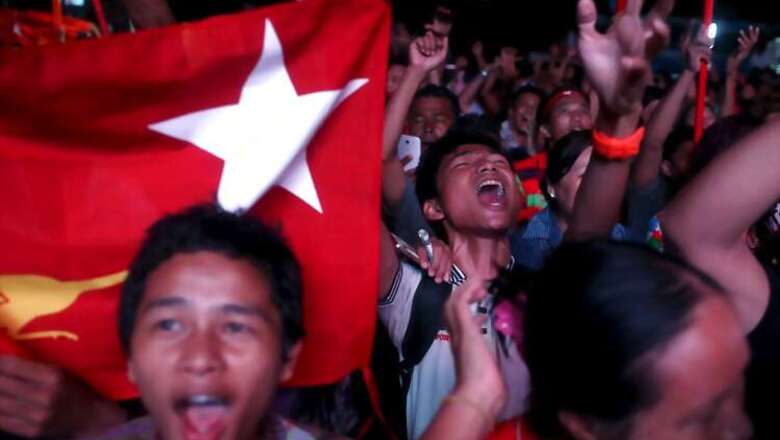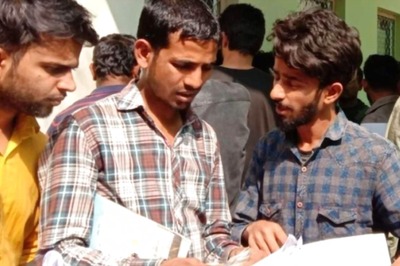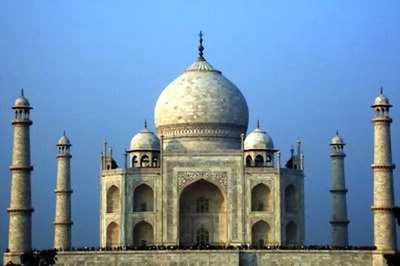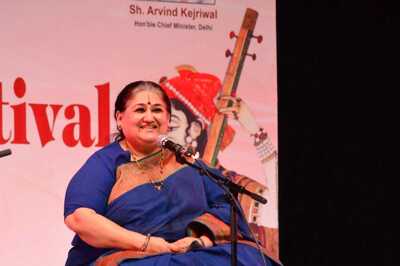
views
We must take this moment to congratulate Myanmar on the holding of a successful election. The NLD's victory brings with it a new hope. Though this is a time to rejoice, the real hard work begins now. There is an enormous responsibility on Aung San Suu Kyi's shoulder, as she needs to ensure that a sound and long lasting democratic system is established. Several questions need to be answered regarding the role of the military and also the status of the Rohingya community.
Myanmar can learn a lot from the events in Nepal, Egypt and Iraq, where successful elections have been followed by violence. In Nepal the acceptance of the constitution has been followed by widespread violence surrounding the exclusion of certain minorities from the power sharing structure. In Iraq, after the elections there seemed to be some sort of a power sharing structure between the Sunnis, Shias and Kurds but Nouri-al-Maliki's partisan politics in a great part, lead to the current situation in the country. Finally, in Egypt despite the successful elections, post Mubarak's departure the country has come a full circle, back to military rule. Iraq, Egypt and Nepal demonstrate that democracy is much more than mere procedural democracy. Holding elections is not the goal of a democratic transition. What matters is what happens after the elections. The practice of democracy, inclusiveness, transparency and sustainability are the key factors to a successful democracy.
Myanmar has completed the initial phase of holding elections. Egypt, Nepal and Iraq have shown us that this isn’t the end of the road. As a matter of fact it is merely the beginning of the journey. It is this point that needs to be taken into account by the NLD's leaders. Events in Iraq and Nepal are of particular interest to Myanmar as the presence of ethnic minorities added a new dimension to the transition. Myanmar needs to avoid the mistakes made in Iraq and Nepal, and the initial signs are not too good. Despite the visionary leader that SuuKyi is, she has avoided taking a stand regarding the plight of Rohingyas. The NLD has fielded very few Muslim candidates in the recently concluded elections. This forces one to raise the question: Are SuuKyi and the NLD simply the voice of the majoritarian force? The tussle regarding the citizenship rights of the Rohingyas has meant that a large section of the minority population has not been able to vote.
The NLD and SuuKyi need to ensure that the questions surrounding the citizenship Rohingyas are settled. Efforts need to be made to integrate the minority groups into the new political structure that is being set up. This includes giving opportunities to Muslim candidates to contest elections and ensuring Rohingya representation in the parliament. Setting up an independent truth commission would help settle several questions surround allegations of human rights violations. These are important steps to ensure the integration of a minority into the national population.
Conducting free elections is a necessary but not the only requirement to establish a democracy. For a transition to be a success one, careful attention must be given to what is done after the elections. This reality applies to Myanmar at this crucial juncture. Democracy is not only about the procedural aspects (conduction elections) but more importantly, is about accountability, inclusiveness,transparency and sustainability. As painful as it may be, the truth is that SuuKyi and the NLD have not done enough to ensure that the Rohingyas are also included in this crucial stage. The need of the hour is a decisive effort to ensure Rohingya representation in the democratic process and the appointment of a truth commission to settle questions surrounding human rights violations. The next few years are going to be crucial in deciding whether the transition can be a success.
(The Author, Sanjal Shastri has completed his masters in International Relations and is now doing an internship in Chile. The author can be contacted on [email protected])




















Comments
0 comment